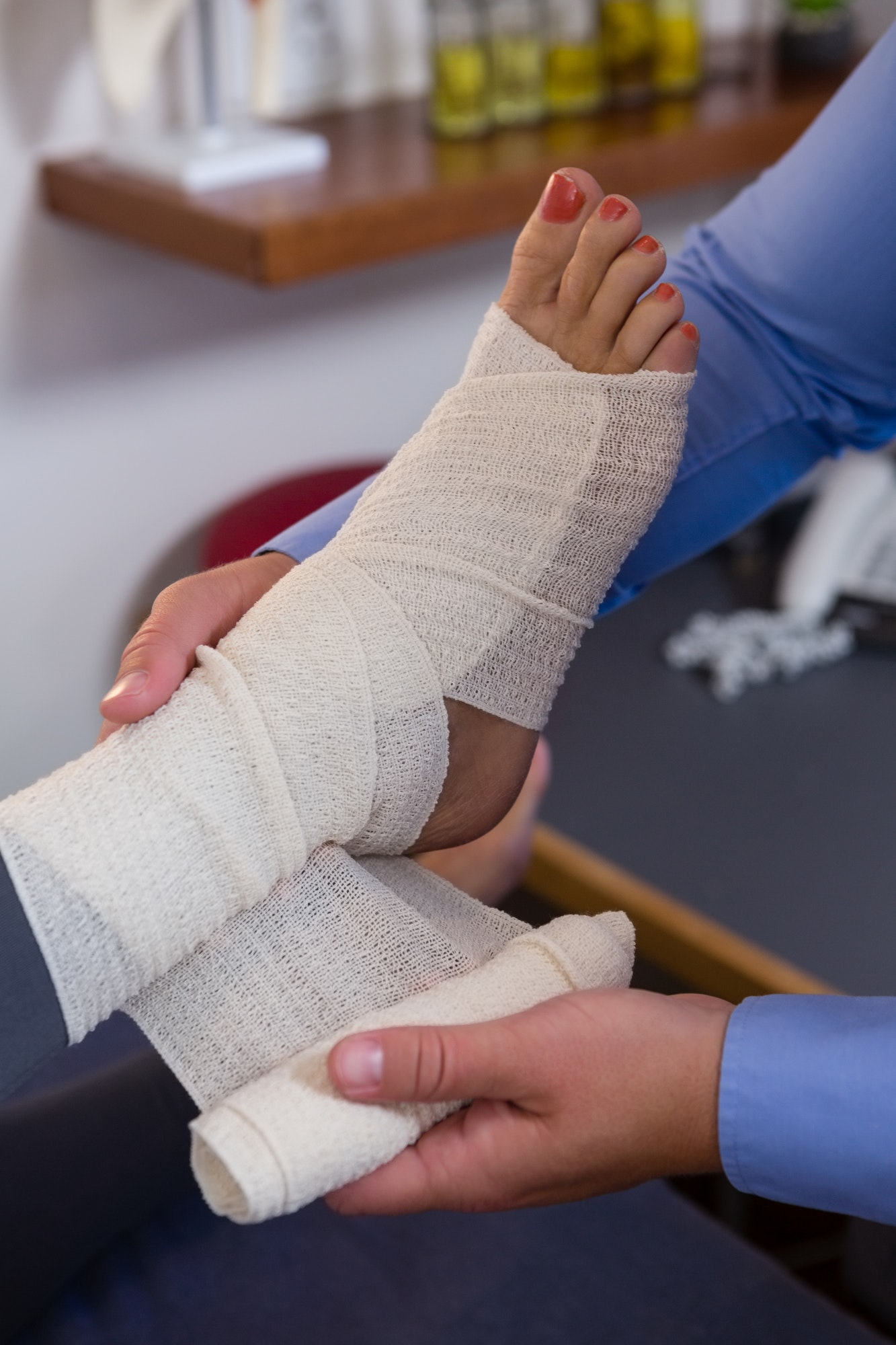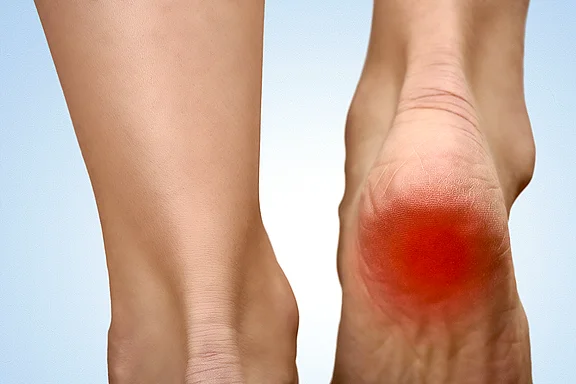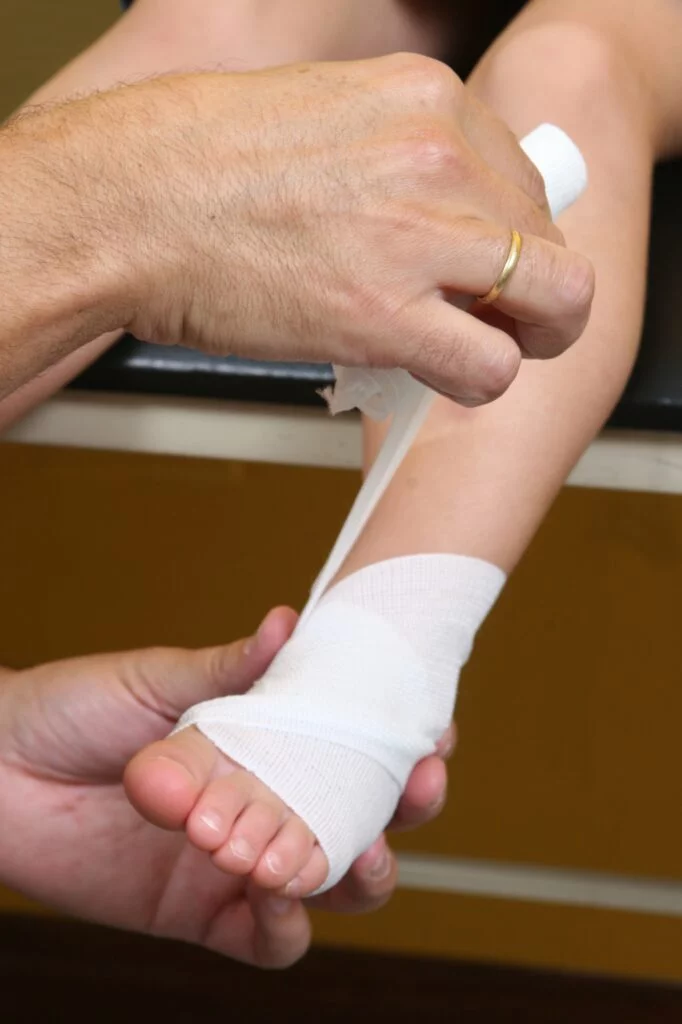Table of Contents
Heel Pain - Introduction
Heel pain can be difficult to deal with, especially if you do not know what the underlying cause is. If you ignore your heel pain, the pain can magnify and potentially develop into a chronic condition. Depending on the location of your heel pain, you have developed a specific condition.
Common Cause of Heel Pain - Plantar Fasciitis
One condition is plantar fasciitis. Plantar fasciitis is caused by the inflammation of the plantar fascia, or the band of tissue that connects the heel bone to the base of the toes. The pain from this condition is initially mild but can intensify as more steps are taken when you wake up in the morning. To treat this condition, medication will likely be necessary. Plantar fasciitis is often associated with heel spurs; both require rest and special stretching exercises.
Treatment Options
There are various options your podiatrist may suggest for heel pain. Treatment options for heel pain typically include non-steroidal anti-inflammatory drugs (NSAIDS), which may reduce swelling and pain. Other options are physical therapy, athletic taping, and orthotics. In severe cases of heel pain, surgery may be required.
Preventing Heel Pain
Preventing heel pain is possible. If you are looking to prevent heel pain from developing in the future, be sure to wear shoes that fit you properly and do not have worn down heels or soles. Be sure to warm up properly before participating in strenuous activities or sports that place a lot of a stress on the heels. If you are experiencing any form of heel pain, speak with your podiatrist to determine the underlying cause and receive the treatment you need.
Treatment Expectations
99% of our patient with heel pain are happy with results after treatment!
The success of treatment largely depends on correct and precise diagnosis: Our offices are equipped with Digital x-rays and diagnostic ultrasounds that assist us with fast and accurate diagnosis.
We utilize state of the art medical technology to that helps us to achieve very high success rate.
- Radial Pulse Therapy
- K-Laser (therapeutic laser)
- RST SANEXAS Therapy
- Steroidal and Non-steroidal Ultrasound Injections
- Minimally Invasive Surgery
- Customized Orthotic Therapy
- Brace Therapy
- Sports Physical therapy
- Customized topical therapy
What to Do Next?
If you or someone you know is experiencing heel pain, seek out the help of a podiatrist for a proper diagnosis and treatment regime.
Contact us today to schedule an appointment.



